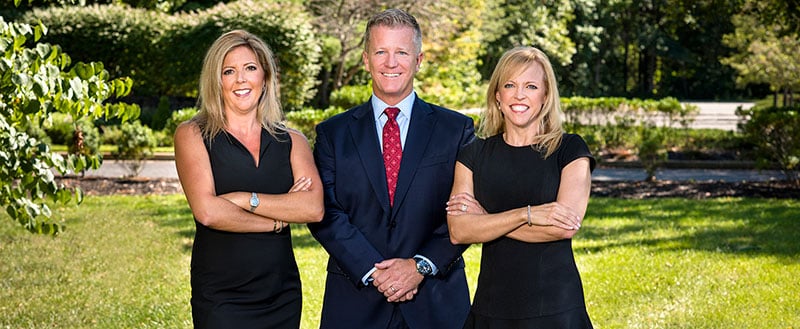It is always a good thing, both for the couple and the couple’s children, when two parents in the course of a divorce or other family law disputes can get along with respect to child custody and visitation plans.
However, a New Jersey resident should not feel guilty or like a bad parent if it turns out that he or she and the other parent need some additional help with coming to an agreement. In some cases, the best one can hope for is that a judge makes a decision after which, even if one parent “loses,” both can walk away feeling the decision was fair.
In this respect, judges may choose to rely on what is called a guardian ad litem to help them make well-informed child custody and parenting time decisions. While judges may appoint a guardian ad litem in a case without input from the parents, either parent may also request a guardian ad litem. This is usually a good idea if there is a reason to believe the guardian ad litem’s role will help resolve an impasse, although parents must remember these officials are not the same as mediators.
A guardian ad litem is a court official who is working for the court, even though his or her function is to give the judge an idea of what the best interests of the child are. The guardian ad litem will have the responsibilities and powers assigned to him or her. These may include interviewing the children and those close to the children or gathering evidence that may help the court.
In all cases, the guardian ad litem will file a report and recommendations with the court and make himself or herself available for questioning.
A New Jersey parent who has further questions about the role of a guardian ad litem or who may think having one is a good idea in his or her case should speak to his or her family law attorney.


